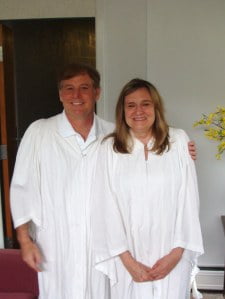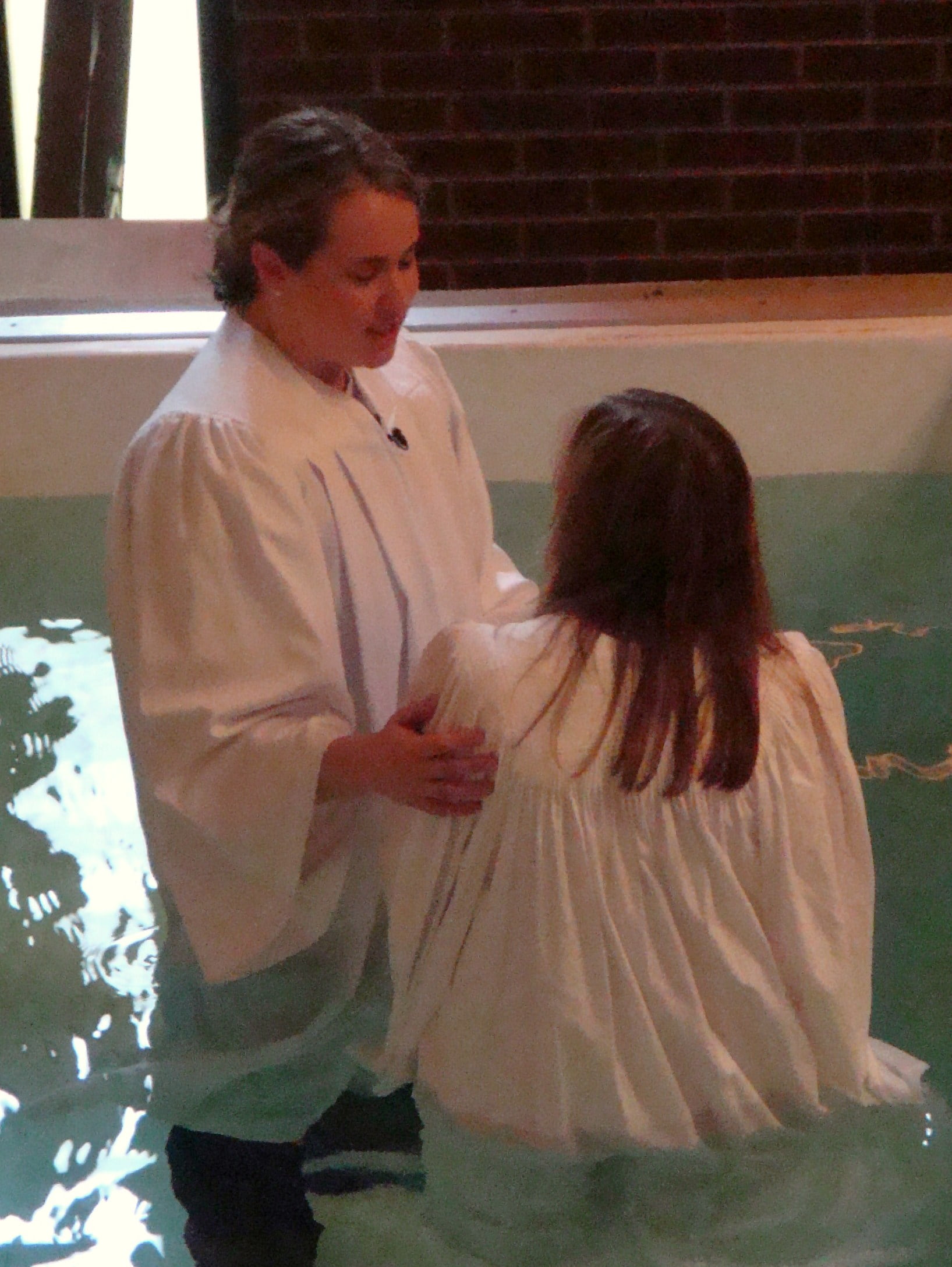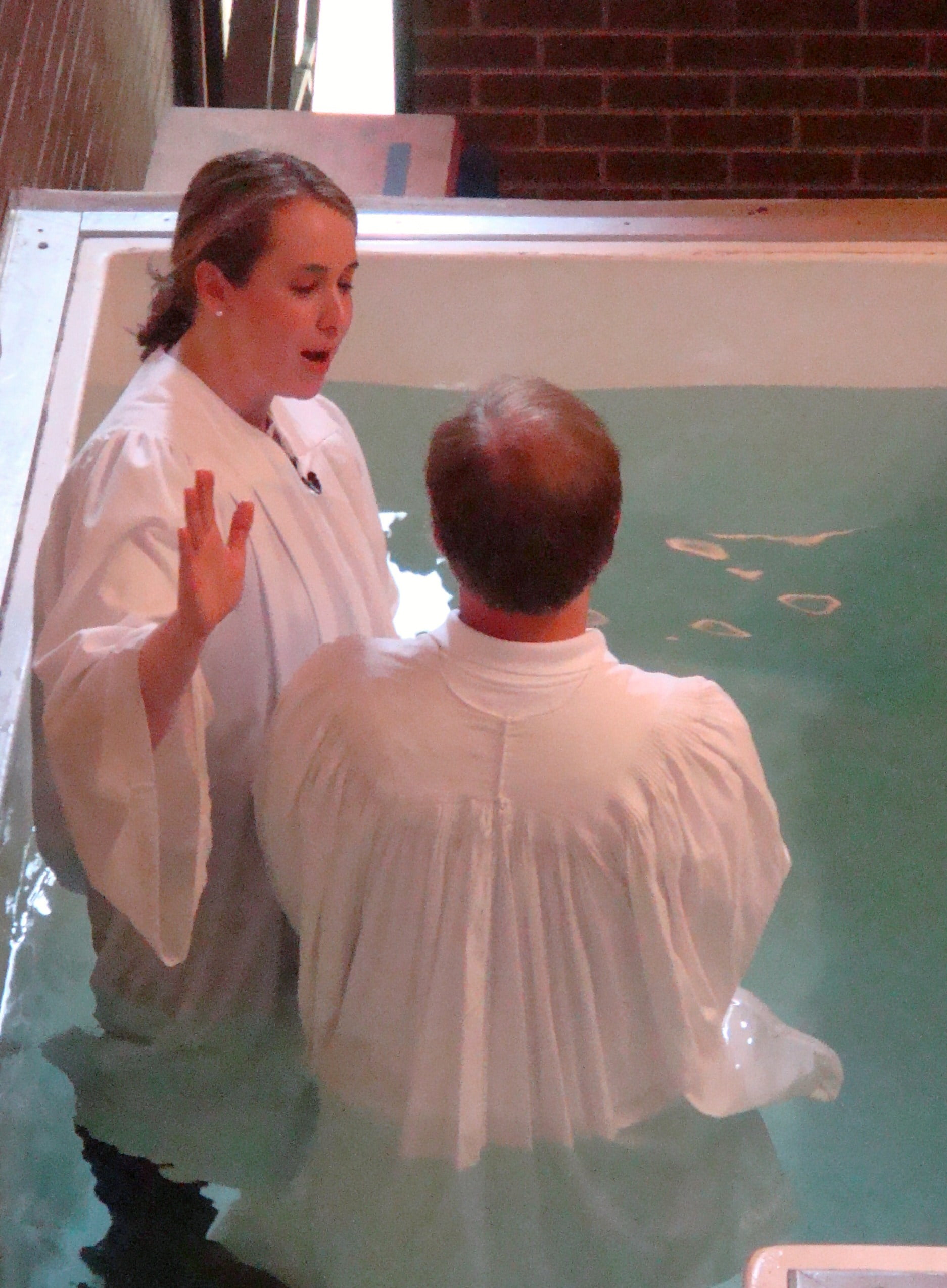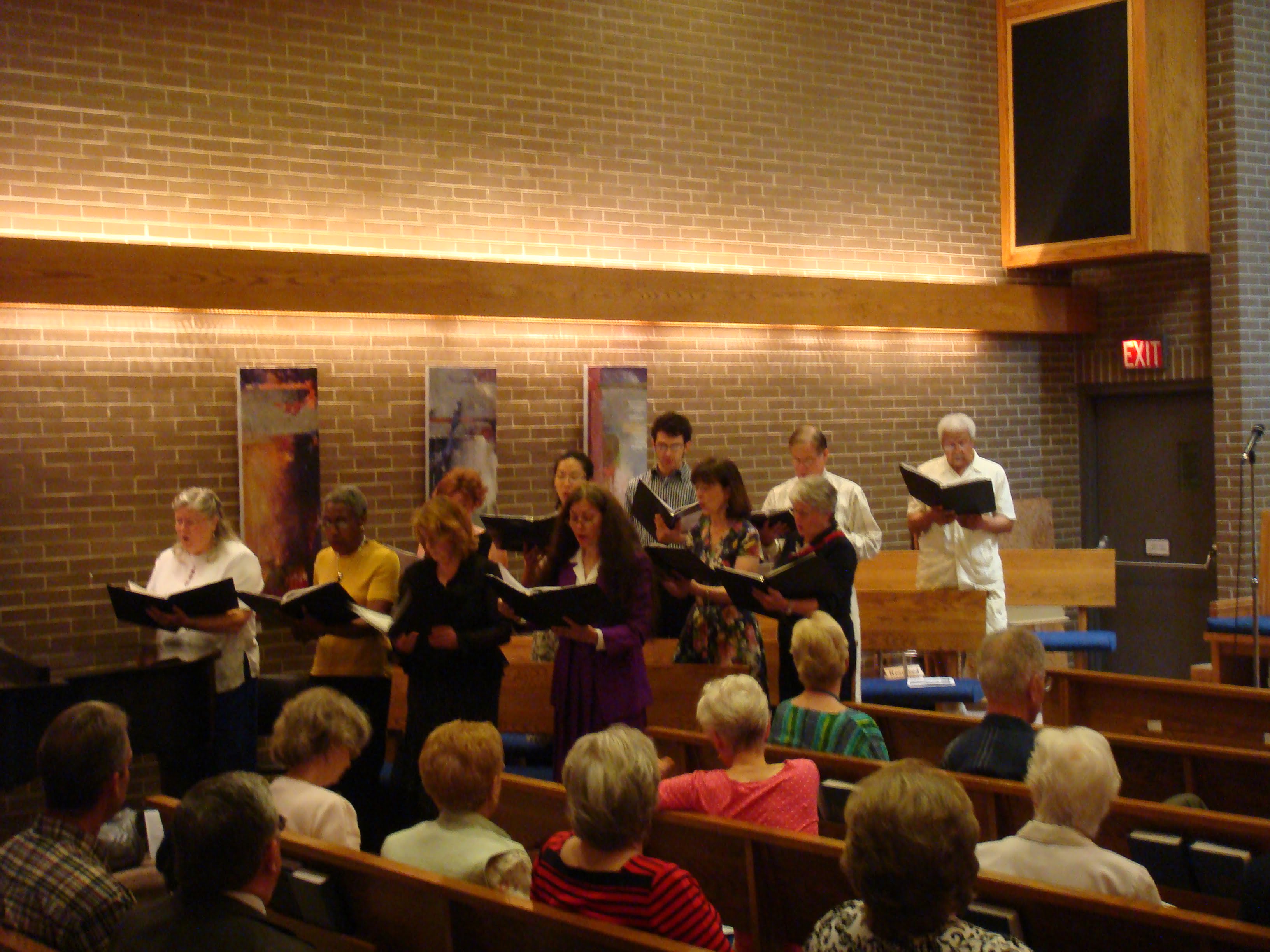Normally I don't like to talk about my age in ministry circles because it lends people to make assumptions about me that aren't based on who I am, but perception of what I should or should not be doing solely based on my years of being on this planet.
But today, I think it is appropriate. I'm 29 and am finding that I'm facing issues that most late 20 somethings and 30 somethings face too, no matter if their vocation is ministry or something they are still seeking to discern. I've been thinking a lot about how I have reached the point of a lot of crossroads in my life (even though I'm in a wonderful job, married and generally pretty excited about my life)-- crossroads that I believe that is a journey that others of my generation share too.
I wanted to write about a couple of these new life challenges I see in myself and other young adults as a way to open up the conversation about what churches (like WPBC) might need to consider when seeking to welcome the "youngsters." Some of my reflections have been informed by my recent reading of the book: After the Baby Boomers: How Twenty and Thirty Somethings are Changing the Churchby Robert Wunthnow. (And Wunthnow's theory is that Young adults is now defined by those 18-45!)
1. Young Adults are seeking outlets for community but aren't always sure where to find them. It is a big deal to go from the routines of college, grad school or paid internships to life of the "go to work and come home" mentality. While friends can be made at work or sometimes through clubs or the gym. Most of the time, true community for young adults only comes through phone calls to friends in far away places. It is hard in the sit at home and watch tv culture which we now life to meet people and create significant relationships when you aren't in a bubble of community that they are naturally offered to you. This is why "happy hours" are the popular thing to do after work among young professionals.
2. Young adults lives are more likely in transition than not. (I have had 11 address changes since I was 18-- my aging grandmother says she can't keep up with my address or phone number- ever!). And, as a result of this transition, it is easy to not be as committed as your parents generation to groups or organizations (like the church) because you know you won't be around for a while. Because of this, the significant conversations that young adults like to have often times is about discernment. You don't just sign up for one job anymore and stay there for the rest of your life. You don't just meet who you want to marry anymore in high school or on the first day of college. Bigger life decisions are coming later in life and often made in place far away from your family of origin.
3. There comes a point where young adults seek for transitions to end. (Especially as you journey into your 30s and 40s) And as result of this larger questions surface involving vocation, relationships, children, retirement plans, etc. Yet, usually it is at this point where traditionally guided structures to help are no longer in place. By structure I mean-- religious programming such as is found in churches for high school and college students, guidance and career tools that are found on college campuses, or the safety need of parental financial support. There is a lot of desire to take risks, try new things, but often harder than it seems to find the resources (of all kinds) to make new dreams a reality.
I believe that the church has a lot to say to these three things.
There is a reason that many folks I know pay money and spend regular weekends at spiritual retreats (not connected to any church) and self-improvement seminars. There is a reason that people are lonely and in search of friendship, but no one rarely talks about it. There is a reason that young folks aren't coming to many mainline churches and more evangelical churches with organized small groups are thriving.
I say all of this because it seems I can't go to a conference anymore without there being some one making the claim, "Where are all the young people? Why don't young adults like the church anymore?" (And, I love it that being usually the youngest pastor in the room have then to speak for all young adults everywhere. Like this is possible. Not!)
The solution to these questions, I feel is a real honest look at our church structure and programming, asking ourselves the question of "How must we as a church change so that what we do is not only open to the age group that we currently serve most now, but to all people?" Just hoping to start the dialogue here. . . .
For people of faith, who care about interfaith dialogue, the US President gave us today a great opening to continue the conversation of how we can work together.
In a world of war and human suffering, I agree with the President when he says that there are far more things as human beings that bring us together than tear us a part. We just have to begin to listen to each other. And, avoid fundemental expressions of faith, no matter what the faith is.
I believe churches like Washington Plaza and all our kindred houses of worship are the places for this "new beginning" to have roots to grow. Open dialogue sessions, shared compassion driven ministry and friendship are places where we must continue to mature in our witness.
No matter where you fall on the political spectrum, I believe this speech is worth pondering and taking to heart.
[youtube=http://www.youtube.com/watch?v=ZCANC0jaEPo]
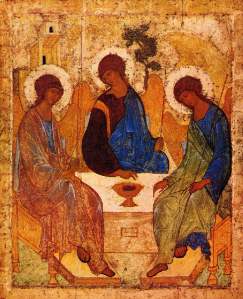 This Sunday in worship, Trinity Sunday, we'll be thinking about the topic of what "Sensing the Holy" might mean for us today.
This Sunday in worship, Trinity Sunday, we'll be thinking about the topic of what "Sensing the Holy" might mean for us today.
Though in the Baptist tradition, we don't normally talk about icons, it is often in icons, like the cover art that you are going to find on the front of the bulletin this week, we find representations of the holy. Icon is a Greek word that means "image." Throughout Christian history, especially during the time when literacy was not a privilege, not an opportunity for all, icons were used to teach or inspire the masses. Icons told the stories of the faith.
Icons, limited as they may be, are human responses to the divine presence in a life. They are a way we seek to express what it means to know the divine. Protestant's have traditionally feared them because of the transition to worship of the icons can take place instead of the One who is being portrayed. Yet, I don't think this always has to be the case when used properly. Especially for the most visual of us, images can help us engage something that we might not have otherwise grasped.
The Trinity being such the mystery that it is, we need all the help we can get in seeking to understand. Maybe an icon is just what we need?
Watch this short clip from an artist who was making an icon to be displayed at my former home, Duke Divinity School. The artist tells of her experience of what making an icon meant to her.
Click here: Audio slideshow: For the glory of God | Faith & Leadership
In the meantime, I'm looking forward to Sunday. And, in case you are wondering, the icon image on this blog post is: by Russian artist, Andrei Rublev c. 1360-1430.
Last week I wrote about the baptismal service we held at Washington Plaza on May 24th. Thanks to Don Rees, I know have some really wonderful pictures from the day to share. They tell the story of the happiness of the day both of the candiates for baptism- Steve Robinson and Barbara Schipper, but also of the choir and congregation. I'd thought I'd share them here. Looking at the day in pictures, I can't help but smile. 